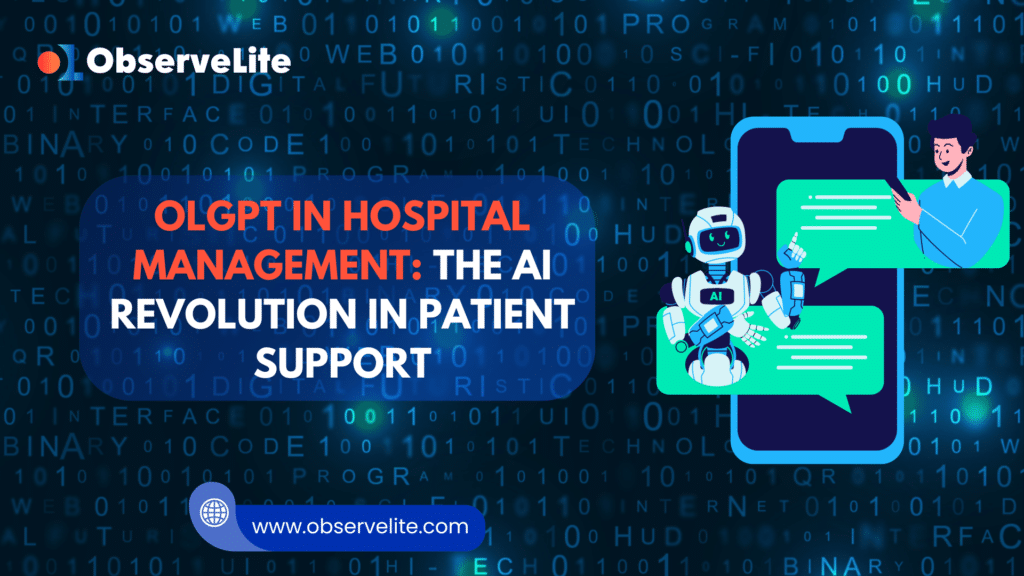How OLGPT Reduces Treatment Delays and Saves Lives
The Global Crisis: Delayed Treatment and Medical Negligence
Healthcare is a critical sector where timely decision-making can mean the difference between life and death. While healthcare has made incredible advancements in diagnostics, treatment, and patient management, one of the key challenges today is ensuring timely, well-coordinated care—especially for complex cases that require input from multiple specialists. The multidisciplinary team (MDT) approach has been instrumental in improving patient outcomes by bringing together diverse expertise, but traditional workflows often struggle to keep pace with the growing demands of modern healthcare.
According to the World Health Organization (WHO), millions of patients suffer from treatment delays each year, leading to avoidable complications and deaths. A report published in The Lancet estimates that medical negligence and delayed interventions contribute to over 2.6 million deaths annually worldwide.
The numbers are staggering:
- In the United States alone, medical errors and delays are the third leading cause of death, claiming approximately 250,000 lives each year.
- Studies indicate that in 40% of critical care cases, delays in decision-making lead to increased mortality risks.
- According to research on stroke management, every 30-minute delay in treatment increases the likelihood of long-term disability by 15% and mortality rates by 17%.
- In surgical settings, delayed or mismanaged post-operative care accounts for nearly 22% of preventable deaths.
Despite technological advancements, healthcare systems continue to reduce communication gaps, coordination failures, and slow decision-making—especially in complex cases that require the input of multiple specialists. The traditional Multidisciplinary Team (MDT) approach, while valuable, faces significant bottlenecks that slow efficiency and impact patient outcomes.
Understanding the MDT Model and Its Challenges
The MDT model is widely used in hospitals for handling complex cases—particularly in oncology, cardiology, neurology, and emergency medicine. It involves bringing together specialists from various disciplines professionals.
The Multidisciplinary Team (MDT) approach has been instrumental in improving patient outcomes by bringing together specialists to make well-rounded clinical decisions. This model ensures that complex cases receive comprehensive care, leveraging expertise across various medical fields.
- Scheduling Conflicts & Delays: Coordinating multiple specialists for in-person or virtual MDT meetings sometimes leads to delays in decision-making, resulting in postponed surgeries or treatments.
- Fragmented Patient Data: Crucial medical information is often scattered across multiple systems (EHRs, radiology reports, pathology results), it is quite time consuming to compile a complete patient profile in real-time.
- Lack of Real-Time Collaboration: In urgent cases, specialists may be occupied in surgeries which might delay for immediate consultation, leading to delayed decisions.
- Manual Documentation Burden: MDT meetings require extensive note-taking and compliance reporting, adding administrative workload and slowing down the clinical decision-making process.
As a result, in most cases patients might suffer from delayed treatments, higher risks of complications, and increased mortality rates—a scenario that can be prevented with AI-driven intervention.
How AI is Reshaping Healthcare: The Rise of AI-Driven MDT Solutions
The integration of Artificial Intelligence (AI) in healthcare is revolutionizing how patient data is analyzed, how teams collaborate, and how critical decisions are made. AI-powered systems are capable of:
- Automating patient case summarization by analyzing structured and unstructured data in EHRs.
- Enhancing MDT collaboration through real-time messaging, AI-driven alerts, and automated case prioritization.
- Providing predictive insights on patient deterioration risks, ensuring proactive interventions.
- Reducing documentation workloads by automatically generating meeting transcripts, clinical summaries, and compliance reports.
AI-driven ChatOps solutions, like OLGPT, take this transformation even further by enabling real-time multidisciplinary collaboration and providing AI-assisted recommendations to optimize decision-making.
OLGPT: A Game-Changer in MDT Collaboration
OLGPT, a cutting-edge AI-powered ChatOps solution, is designed to enhance the MDT workflows by enhancing collaboration, reducing decision-making delays, and improving patient outcomes.
1. Instant Access to Comprehensive Patient Data
One of the biggest hurdles in MDT workflows is the lack of centralized patient information. OLGPT solves this by:
- Aggregating data from multiple sources (EHRs, lab results, imaging reports, pathology slides, etc.) into a single dashboard
- Using Natural Language Processing (NLP) to generate real-time patient case summaries
- Identifying missing or conflicting information and alerting MDT members proactively
By providing a complete 360-degree view of a patient’s medical history, OLGPT ensures that MDTs make well-informed decisions faster.
2. AI-Assisted MDT Meetings for Faster Decisions
OLGPT optimizes MDT workflows by:
- Automating MDT meeting scheduling based on specialist availability and urgency of cases.
- Facilitating real-time AI-driven discussions, allowing specialists to input queries and receive AI-generated recommendations.
- Automatically summarizing discussions, highlighting key decisions and next steps.
With OLGPT, MDT meetings that previously took hours to coordinate can now be executed in real-time, reducing decision turnaround time by up to 50%.
3. 24/7 AI-Driven Support for Time-Sensitive Cases
Medical emergencies can arise at any hour, yet specialists may not always be available for immediate consultation. OLGPT fills this critical gap by:
- Providing AI-generated treatment suggestions based on historical patient cases and current medical guidelines.
- Allowing doctors to ask complex queries in natural language, retrieving relevant medical literature, case studies, and past MDT decisions.
- Triaging urgent cases, ensuring that high-risk patients receive priority intervention.
This ensures that even in off-hours or when key specialists are unavailable, doctors can make evidence-based decisions with AI support.
4. Predictive AI for Early Intervention & Risk Reduction
OLGPT doesn’t just assist in decision-making—it proactively prevents complications by:
- Analyzing real-time patient vitals to detect early warning signs of deterioration.
- Predicting post-surgical complications based on historical trends.
- Notifying MDT members about potential risks, enabling preventive interventions.
This predictive approach to patient management might reduce ICU admissions by 35% and hospital readmission rates by 20%.
5. Automating Documentation & Compliance Reporting
Administrative burden is one of the leading causes of clinician burnout, with doctors spending nearly 50% of their time on paperwork instead of patient care. OLGPT alleviates this by:
- Automatically transcribing MDT meetings and generating structured reports.
- Creating AI-generated summaries for regulatory compliance and audit purposes.
- Tracking follow-up actions, ensuring all decisions are implemented without manual intervention.
This reduces documentation time by 47%, allowing MDTs to focus more on clinical decision-making rather than administrative tasks.
The Future of Healthcare with AI-Powered MDT Collaboration
The future of healthcare lies in seamless AI-human collaboration, where AI-driven ChatOps systems like OLGPT serve as an intelligent assistant to multidisciplinary teams. By enhancing real-time communication, reducing delays, and automating workflows, AI can dramatically improve patient care, reduce mortality rates, and optimize hospital efficiency.
With OLGPT, hospitals can eliminate inefficiencies, reduce preventable deaths, and move towards a future where every decision is backed by real-time data and AI-driven insights. The transformation of MDT collaboration has begun—and it’s saving lives every day.


